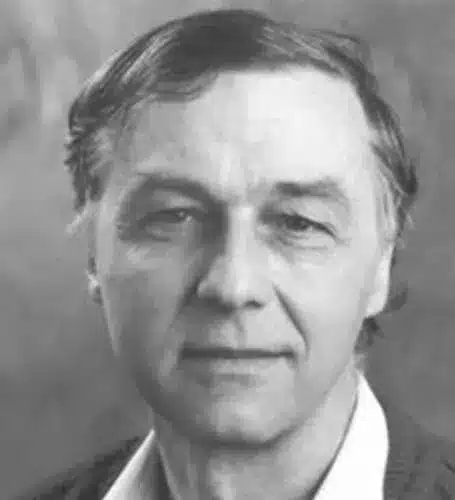Robert Huber: Unraveling the Mysteries of Photosynthesis and Protein Structures

Robert Huber (born 20 February 1937) is a German biochemist. He is best known for his pioneering work in the field of X-ray crystallography and for his contributions to the structural analysis of proteins, including the determination of the three-dimensional structure of the protein bacteriorhodopsin.
Life and Career
He was born on 20 February 1937, in Munich. He studied chemistry at the Technische Hochschule and got his diploma in 1960. In 1963, he earned a doctorate degree from the Munich Technical University in crystallography under W Hoppe; his thesis was on diazo compounds.
He began studying proteins involved in excitation energy and electron transfer in the 1980s, as well as light-harvesting proteins, bilin-binding proteins, and ascorbate oxidase. In 1985, Robert Huber, Johann Deisenhofer and Hartmut Michel determined for the first time how photosynthesis reaction centers are formed in three dimensions. The photosynthetic reaction center is a complex of proteins and pigments found in certain bacteria that is responsible for converting light energy into chemical energy. The discovery revolutionized the way we understood the photosynthetic light reaction and how proteins work.
Huber also made significant contributions to the study of the structure and function of enzymes, including the enzyme lysozyme, which is found in tears and helps to protect the eye from infection. In addition to his research, Huber has held numerous academic positions throughout his career. He has been a professor of biochemistry at the Technical University of Munich, a visiting professor at the University of California, San Diego, and a director of the Max Planck Institute for Biochemistry in Martinsried, where he developed protein crystallography methods.
He has also been elected to many prestigious scientific academies, including the National Academy of Sciences in the United States and the Royal Society in the United Kingdom.
Award and Legacy
In 1988 he received the Nobel Prize for Chemistry jointly with Johann Deisenhofer and Hartmut Michel for their work in determining the three-dimensional structure of a photosynthetic reaction center. Huber also received many other awards and honors throughout his career, including the Otto Warburg Medal, the Gairdner Foundation International Award, and the Paul Ehrlich and Ludwig Darmstaedter Prize.
Observer Voice is the one stop site for National, International news, Sports, Editor’s Choice, Art/culture contents, Quotes and much more. We also cover historical contents. Historical contents includes World History, Indian History, and what happened today. The website also covers Entertainment across the India and World.

